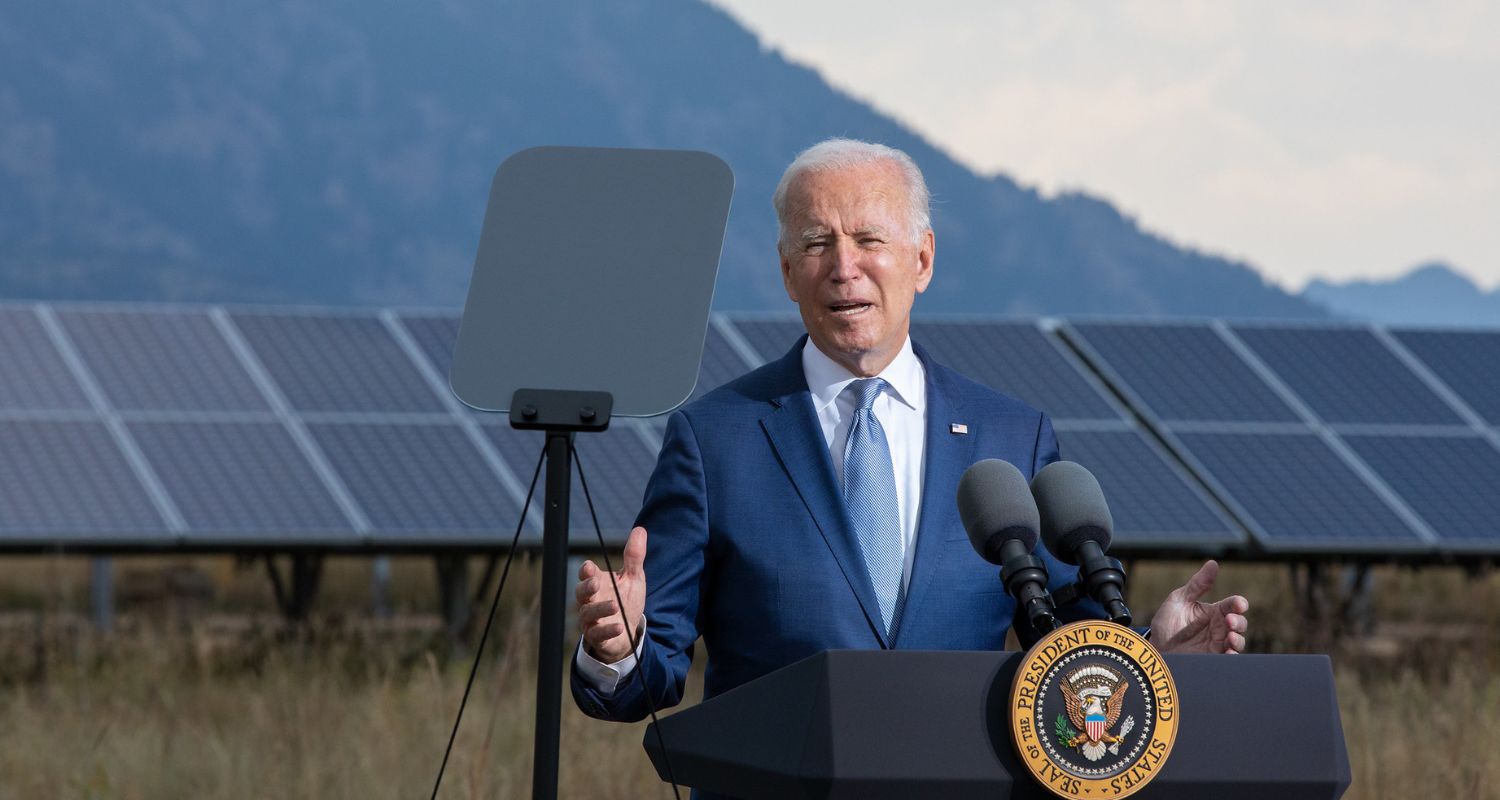The Biden administration is taking decisive action to expedite permits for clean energy initiatives, emphasizing the importance of considering climate change impacts and protecting vulnerable communities in the decision-making process.
Understanding the Context
In April 2024, the Biden administration introduced regulations aimed at streamlining the approval process for clean energy projects while ensuring thorough consideration of their environmental implications.
These regulations, released by the White House Council on Environmental Quality, are a response to bipartisan reforms mandated by Congress to the National Environmental Policy Act (NEPA), which requires federal agencies to assess environmental effects and engage the public before approving projects requiring federal permits.
Prioritizing Environmental Benefits
The new rules not only seek to expedite approvals but also prioritize projects with significant environmental benefits while subjecting potentially harmful projects to additional scrutiny.
By emphasizing environmental considerations, the administration aims to foster a cleaner energy future while safeguarding communities from pollution and environmental degradation resulting from inadequate planning.
Key Environmental Initiatives
President Biden’s environmental agenda encompasses a range of initiatives aimed at combating climate change and protecting natural habitats.
These include regulations to reduce pollution from vehicles, power plants, and oil and gas operations, as well as measures to preserve wildlife habitats and address environmental hazards such as asbestos and harmful chemicals in water sources.
Implications for Clean Energy Expansion
The regulations released by the Biden administration are crucial for implementing the 2022 Inflation Reduction Act, which includes substantial tax incentives for renewable energy expansion and electric vehicle adoption.
By expediting approvals for projects like transmission lines and charging stations, the administration seeks to ensure the effective implementation of clean energy policies and maximize the benefits of the legislation.
Historical Context of Environmental Policy
NEPA, enacted in 1970, was a response to environmental disasters that underscored the need for comprehensive environmental regulation. Over the years, it has been both praised for its role in environmental protection and criticized for perceived hindrances to economic development.
Previous administrations, including that of President Trump, have sought to amend NEPA regulations, reflecting ongoing debates over the balance between environmental conservation and economic growth.
Reactions and Criticisms
While environmentalists have welcomed the strengthened regulations, the construction industry has expressed concerns about potential delays and increased regulatory burdens. Senator Joe Manchin III, a key figure in infrastructure and energy policy discussions, has criticized the administration’s approach, signaling potential opposition to the rule.
Future Outlook
The fate of the new regulations remains uncertain, with potential challenges from lawmakers and the possibility of further revisions depending on future political developments.
However, the Biden administration’s commitment to advancing clean energy initiatives underscores the importance of balancing environmental considerations with economic imperatives in shaping the nation’s energy future.

